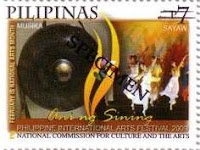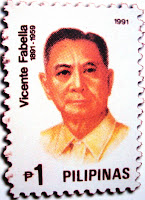The American Anthem in French

"The Star-Spangled Banner" is the national anthem of the United States of America. The lyrics come from "Defence of Fort McHenry", a poem written in 1814 by the 35-year-old lawyer and amateur poet, Francis Scott Key, after witnessing the bombardment of Fort McHenry by the British Royal Navy ships in Chesapeake Bay during the Battle of Fort McHenry in the War of 1812.
The poem was set to the tune of a popular British drinking song, written by John Stafford Smith for the Anacreontic Society, a men's social club in London. "The Anacreontic Song" (or "To Anacreon in Heaven"), with various lyrics, was already popular in the United States. Set to Key's poem and renamed "The Star-Spangled Banner", it would soon become a well-known American patriotic song. With a range of one and a half octaves, it is known for being difficult to sing. Although the song has four stanzas, only the first is commonly sung today, with the fourth ("O thus be it ever when free men shall stand...") added on more formal occasions. In the fourth stanza, Key urged the adoption of "In God is our Trust" as the national motto ("And this be our motto: In God is our Trust"). The United States adopted the motto "In God We Trust" by law in 1956.
"The Star-Spangled Banner" was recognized for official use by the Navy in 1889 and the President in 1916, and was made the national anthem by a congressional resolution on March 3, 1931 (46 Stat. 1508, codified at 36 U.S.C. § 301), which was signed by President Herbert Hoover.
Above is a postal card of the American Anthem in French.






